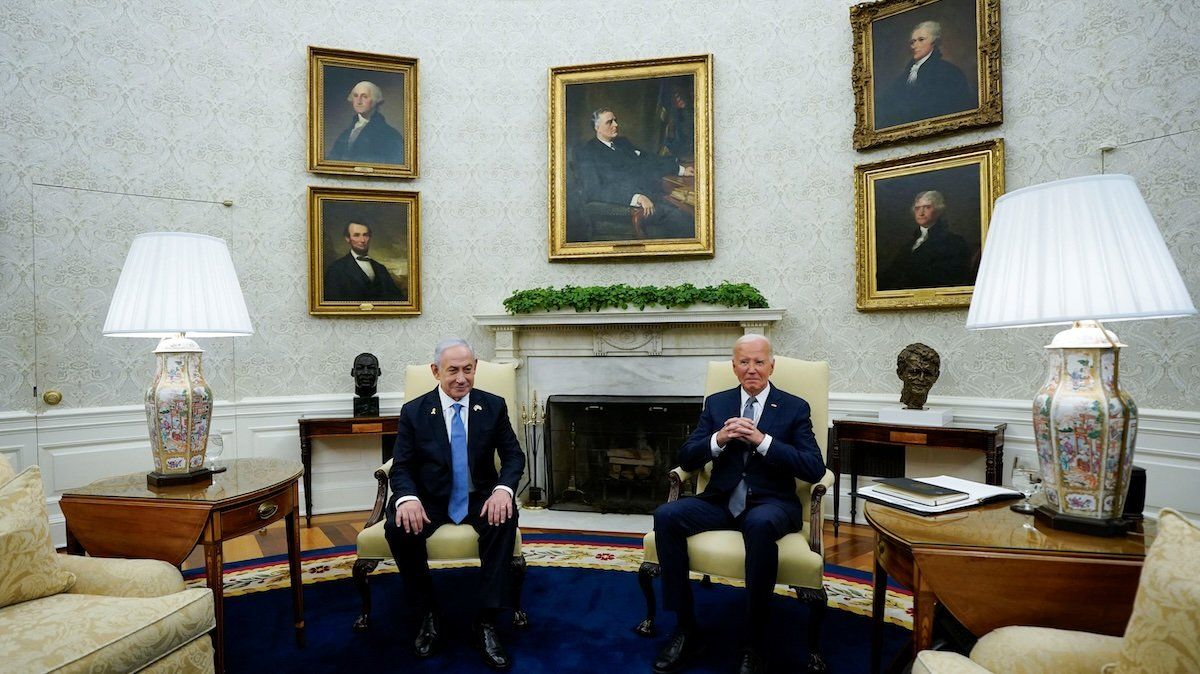The Israeli military on Wednesday conducted airstrikes in Beirut, despite calls from the US for Israel to reduce the scale of its attacks on Hezbollah in the Lebanese capital.
This is part of a broader trend over the past year amid Israel’s fighting against Hamas in Gaza and Hezbollah in Lebanon. The US has repeatedly urged Israel to tone things down and show greater care for civilians, but the Jewish state has frequently gone in the opposite direction and effectively ignored its top ally’s concerns.
From the IDF’s offensive in Rafah to its more recent invasion in Lebanon, there have been myriad examples of Israel taking escalatory steps that Washington has vocally opposed. Meanwhile, the Biden administration has continued to affirm its “ironclad” support and supply Israel with arms, reflecting no major changes in US policy.
Earlier this week, the Pentagon announced the US was sending an advanced missile defense system to Israel and deploying 100 US troops to operate it.
What will it take? The US on Tuesday warned Israel that military aid could be impacted if it does not take steps to improve the dire humanitarian situation in Gaza within 30 days. Israel says it intends to address Washington’s concerns and is taking them “seriously.” But this isn’t the first time that the US has issued such warnings over the past year, and Israel’s tactics have largely remained unchanged.
We’ll be watching to see if Israel shifts gears and, if not, whether the US makes good on its threat.
